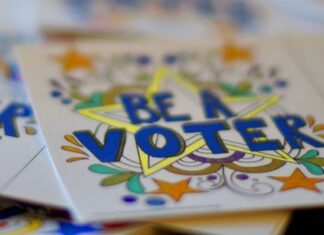The National Institute of Mental Health defines bipolar disorder (formerly manic-depressive illness) as a serious brain disorder causing “unusual shifts in mood, energy, activity levels, and the ability to carry out day-to-day tasks.” Affected people often have severe relationship, work, and school adjustment challenges, and sometimes, suicidal ideations.
From Georgia, 63-year-old “Timothy” in a telephone interview said, “At one time in the mid-’80s, I was homeless, destitute, and disengaged from family. I was going from one person’s home to another to live. Finally, I moved into a homeless shelter.”
In 1988, a mental health professional diagnosed him with a form of bipolar disorder in which the depressive state was more problematic than the manic. He cried after hearing the diagnosis because, finally, he had a label to put on what he had been experiencing. Since then, he said, he has had many deep struggles with depression. He also has had two minor, manic-driven psychotic episodes lasting only a few days each that began during periods of intense stress.
In 2015, an epiphany of sorts radically changed his outlook. He had always viewed himself as a victim of circumstances, but suddenly realized he could take more responsibility for his life. He hadn’t held a steady job in about 30 years, for example.
He said, “Owning up to my responsibility for my life gave me a feeling of freedom. I didn’t have to blame others. For instance, I used to blame the ‘system’ for most of my problems. But I’ve changed my attitude, particularly about the mental health system, for example, and am not being quite as hard on it. They are mostly good people. They aren’t part of some evil scheme against me, but are there to try to help.”
Timothy also began being more responsible in terms of work. A year ago, he began laying the ground work for beginning a small business that could supplement his government assistance, with a long-time goal of fully supporting himself. He has become much more optimistic about the future, and has been receiving some encouragement and help from church members.
As for making such changes at age 63, he said, “It’s never too late to change. I thought at 62 my life was pretty much over until having this awakening of feeling responsible for my actions. Again, that lifted a weight off my shoulders and helped me feel empowered.”
(21+ years strong)
Welcome to the brighter side!
Get in front of local customers! 24/7 (365)





















